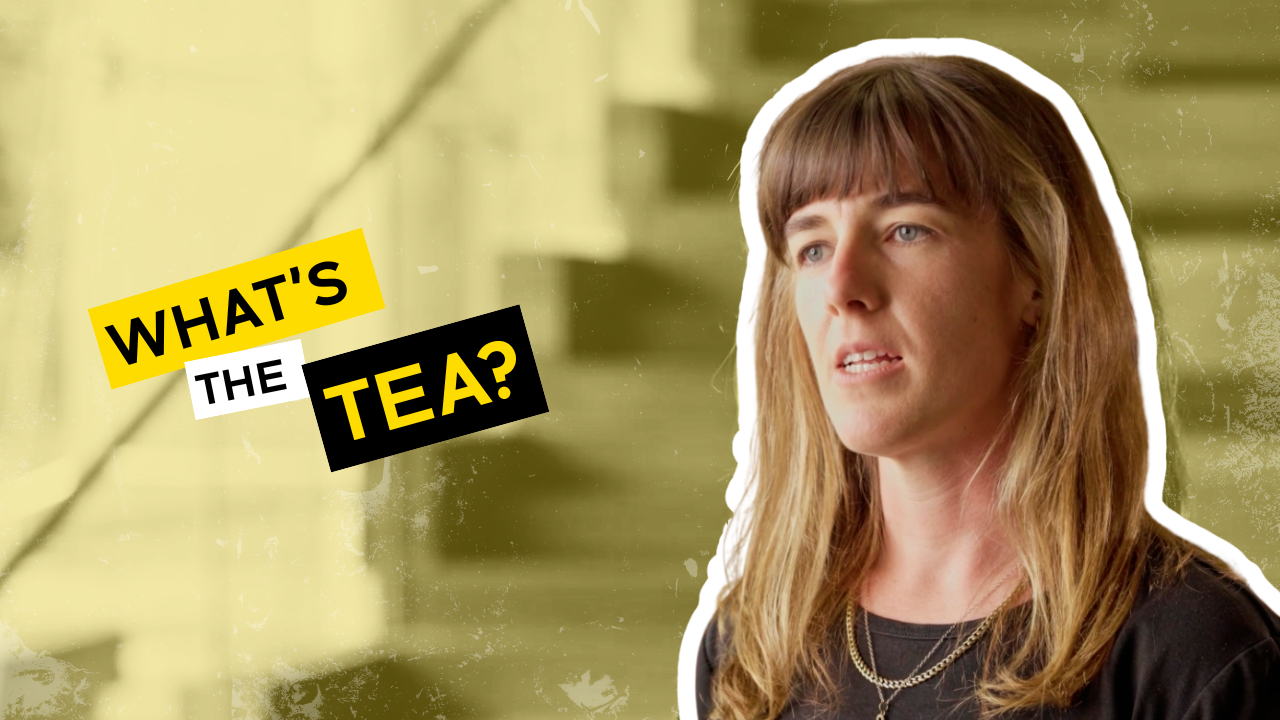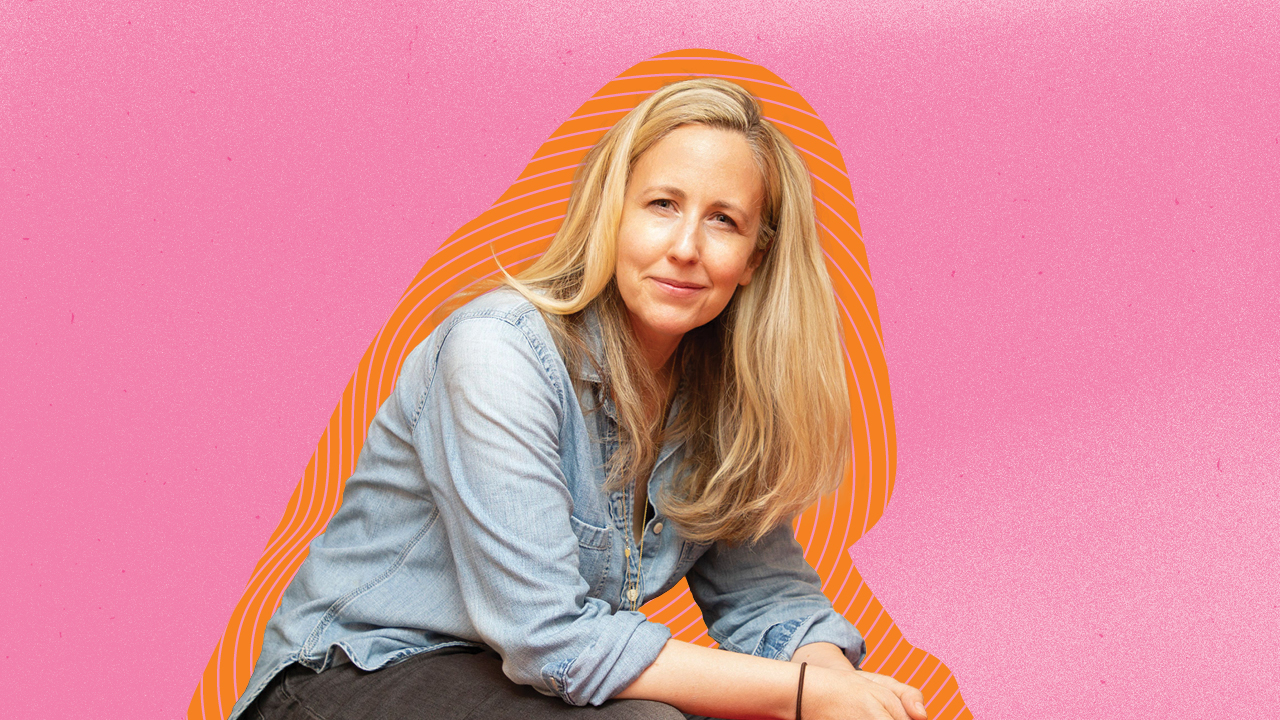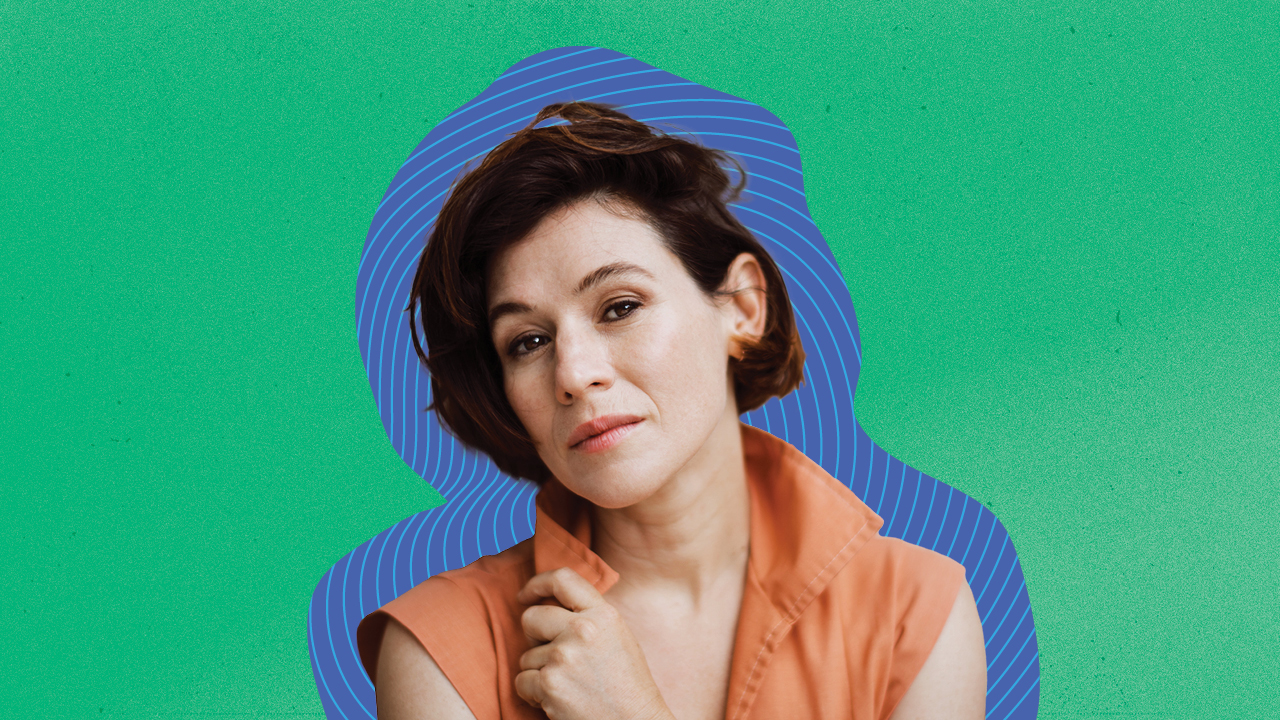Space Weather and the Path to Mars

DIGITAL EVENT
Join the event now on our website or on Facebook.
2021 EINSTEIN LECTURE
Activity on the Sun’s surface creates a type of climate called ‘space weather’. It takes the form of solar flares, coronal mass ejections and bursts of radiation that travel far and wide across the Solar System and beyond.
Space weather reaches Earth too – causing satellite disruption, electrical blackouts and the beautiful aurora – but thankfully our atmosphere and magnetic field protect us from the majority of negative effects. Astronauts however, when they venture beyond this veil, are subjected to extreme radiation. And this remains one of the major obstacles to manned missions to Mars.
Energetic, heavy and highly-charged particles, known as galactic cosmic rays, are extremely difficult to shield in space vehicles and could produce long-term radiation effects including cancer and damage to the nervous and cardiovascular systems. What’s more, unpredictable storms of solar energetic particles may expose astronauts to such high doses they might suffer acute radiation effects.
While the odds seem stacked against us, some of the brightest minds in the world are on the case. Discover more in our two-part lecture, where Sarah Brough, Iver Cairns, and Susanna Guatelli talk all things space weather, astronaut protection and whether we’ll ever make our Mars aspirations a reality.
This event is presented by the UNSW Centre for Ideas and the Australian Institute of Physics, and supported by Inspiring Australia as a part of National Science Week. Head here to see full program.
TICKETS
ABOUT DIGITAL EVENTS
This event will be available on the UNSW Centre for Ideas website, Facebook and the UNSW YouTube channel.
A link to watch the livestream will be sent on the event day to registered attendees.
ABOUT THE EINSTEIN LECTURE
The Einstein Lecture is an annual public event co-presented by the NSW Branch of The Australian Institute of Physics and the UNSW Centre for Ideas. Distinguished speakers have covered a wide range of topics with an emphasis on Einstein’s ideas and their consequences for physics and technology today. Topics have ranged from quantum computing to plasma physics and on to astrophysics. The lecture engages audiences with the wonders of physics, and highlights the recent advances from world experts.
CONTACT
To discuss your access requirements and to book selected access services, please call the Centre for Ideas on 02 9065 0485 or email centreforideas@unsw.edu.au.
The Centre for Ideas is happy to receive phone calls via the National Relay Service. TTY users, phone 133 677, then ask for 02 9065 0485. Speak and Listen users, phone 1300 555 727 then ask for 02 9065 0485. Internet relay users, visit relayservice.gov.au, then ask for 02 9065 0485.

Iver Cairns
Professor Iver Cairns received his PhD from the University of Sydney, then worked at the University of Iowa in the US before returning to the University of Sydney to take up a prestigious five-year Senior Research Fellowship. In 2004, he was awarded the competitive Australian Professorial Fellowship and, in 2009, was appointed Professor in Space Physics. Cairns has published over 240 refereed papers in press, books or journals. He has a Hirsch index of over 28, presented 75 invited papers at international conferences and obtained over US$7M in competitive funding from Australian and U.S. funding agencies (excluding spacecraft projects). He has led international and national scientific societies including the Asia Oceania Geosciences Society, the International Association for Geomagnetism and Aeronomy, and the Solar Terrestrial and Space Physics Group at the Australian Institute of Physics. Professor Cairns is Australia's national representative to both the International Science Council Committee on Space Research and the International Association of Geomagnetism and Aeronomy. Nationally, he is a clear leader in Australia's space science community contributing to major publications and reviews that have led to Australia's Government making space science a major priority and focus.

Susanna Guatelli
Associate Professor Susanna Guatelli is an international expert of Monte Carlo Radiation Transport Simulation Codes for radiation physics, including medical applications and radiation protection in Earth labs, aviation and space. After obtaining a Masters in Physics at the University of Genova in Italy, her PhD focused on radiation protection of astronauts in missions to Mars within the Aurora Project of the European Space Agency. Based at CERN in Switzerland, she contributed to projects spanning radiation monitoring for the Large Hadron Collider to the effect of radiation at DNA level in astronauts. Since then, she has been involved in Geant4 for medical physics applications and continues to work on Monte Carlo Simulations in the Centre for Medical Radiation Physics at the University of Wollongong (UOW). Guatelli is a member of the Steering Board of the Geant4 International Collaboration, Coordinator of the Geant4 Advanced Examples Group and Coordinator of the Geant4 Medical Physics Benchmarking Group. As Academic Director of the Bachelor in Medical and Radiation Physics at UOW, she is passionate about science communication and inspiring young people to study physics. She has chaired/co-chaired international workshops and conference sessions and is the Associate Editor of two respected journals.

Sarah Brough (Chairperson)
Professor Sarah Brough, from the School of Physics at UNSW Sydney, is leading Australia into a new astronomical survey of the southern sky. She has been a key member of three major Australian-led surveys of galaxies and has published over 200 research papers examining how galaxies have changed with time. Professor Brough is particularly interested in the most massive galaxies in the Universe, which represent the most extreme result of galaxy formation. The new Legacy Survey of Space and Time (LSST) will open up novel avenues of investigation across all astronomical research areas, including very faint signatures of galaxy formation. Professor Brough leads an LSST working group on this subject. Professor Brough joined UNSW Sydney's School of Physics in January 2017 and was Research Director 2018 – 2020. She represents Australia as the Science Lead for LSST and was the Australian representative on the Science Advisory Committee of the Giant Magellan Telescope, a next-generation telescope under construction in Chile. As the former chair of the Astronomical Society of Australia's Inclusion Diversity and Equity in Astronomy Chapter, she is a keen advocate for diversity in science and was Associate Dean of Equity, Diversity and Inclusion in UNSW's Faculty of Science in 2020.

Graeme Melville (Introduction)
Dr Graeme Melville is in the astrophysics division of the School of Physics at UNSW Sydney, where he is conducting research on the atmospheres of Exoplanets, polarisation of stars, and nuclear physics. He has been past Chairman of the Australian Institute of Physics in NSW and previously was part of a Cancer Research Group at St George Hospital. He has completed research at Wollongong and Macquarie University’s Physics Departments and was one of the Assistant Directors at the Department of Defence. He has also taught science, mathematics and computers in NSW High Schools. Presently he is an ABC radio guest science speaker and was also a professional tennis player in the 1980s.



